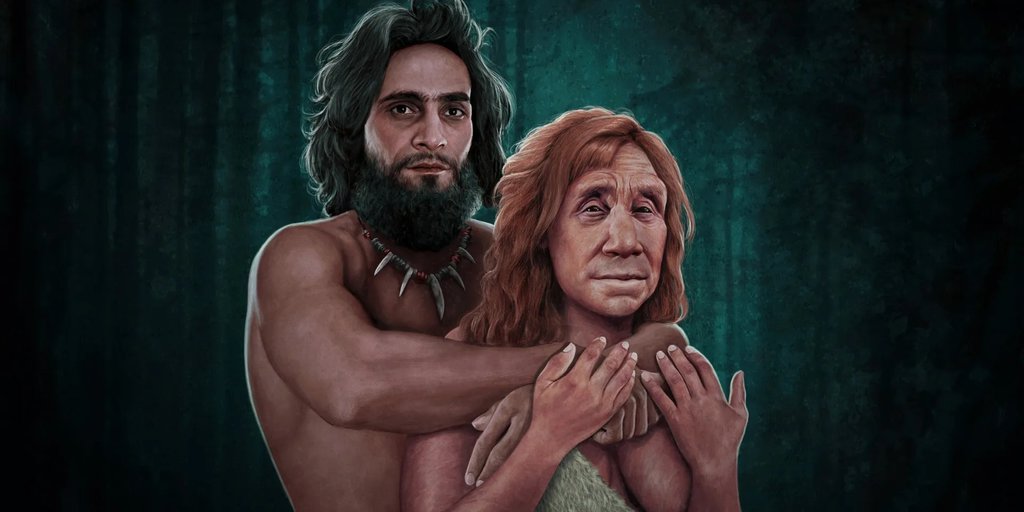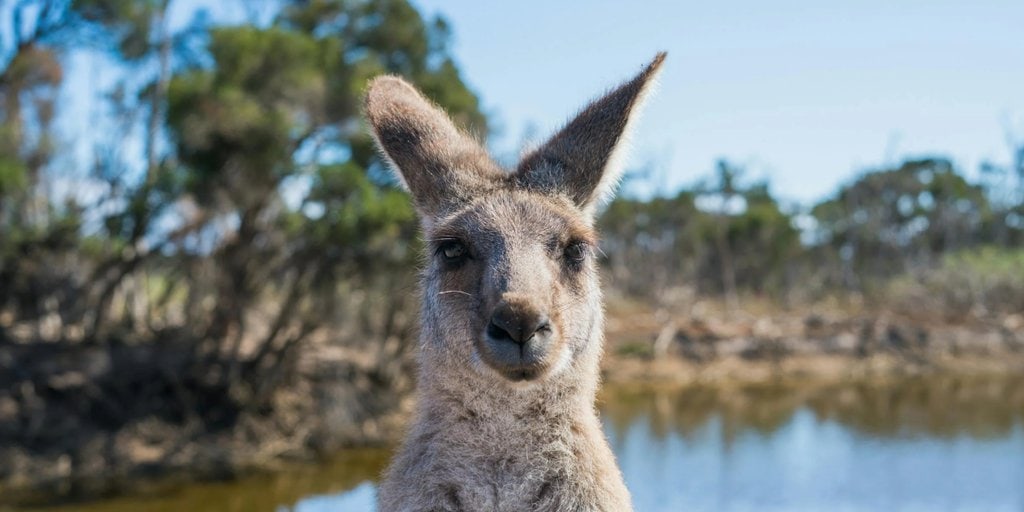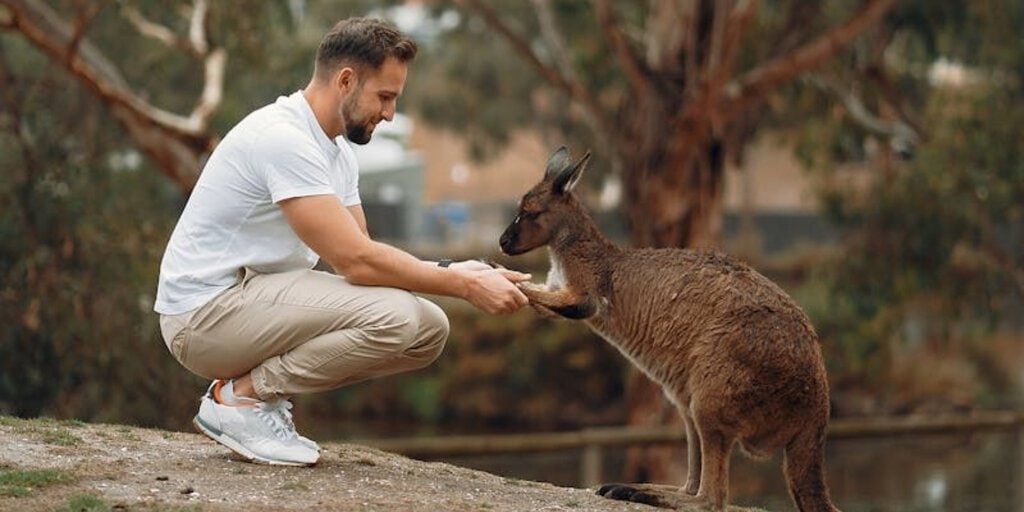The Surprising Link Between Neanderthal DNA and Modern Health
You might be surprised to learn that our ancient Neanderthal ancestors, who lived tens of thousands of years ago, still have an impact on our health today. Scientists have discovered that many people carry small amounts of Neanderthal DNA in their genomes. This is because, long ago, Neanderthals and modern humans interbred. These genetic remnants can influence various aspects of our health, from our immune systems to our risk for certain diseases.

Research has shown that some Neanderthal genes help our bodies respond to infections and environmental changes. For example, certain immune system genes inherited from Neanderthals can make us more resistant to pathogens. On the flip side, other Neanderthal genes may increase our susceptibility to conditions like allergies, depression, and even nicotine addiction. Understanding these genetic influences can help scientists develop better treatments and preventative measures for modern health issues.
Specific Health Impacts of Neanderthal Genes
The presence of Neanderthal DNA in our genomes can have both positive and negative effects on our health. For instance, some Neanderthal genes enhance our ability to detect and respond to viral infections, giving us a stronger immune defense. This genetic advantage might have been crucial for our ancestors’ survival in harsh environments filled with unknown pathogens.
However, not all Neanderthal genes are beneficial. Certain genetic variants linked to Neanderthals have been associated with an increased risk of autoimmune diseases, where the immune system mistakenly attacks the body. Additionally, Neanderthal DNA has been connected to a higher likelihood of developing allergies, as well as mood disorders such as depression and anxiety. These genetic traits may have once offered survival advantages in prehistoric times but can pose health challenges for modern humans.
The Future of Neanderthal DNA Research
As scientists continue to explore the impact of Neanderthal DNA on our health, they are uncovering new ways to apply this knowledge to medical research and treatment. By studying how these ancient genes influence modern health conditions, researchers hope to develop personalized medicine approaches that consider an individual’s unique genetic makeup, including their Neanderthal heritage.

For example, understanding the genetic links between Neanderthal DNA and autoimmune diseases could lead to new therapies that specifically target these ancient genes. Similarly, insights into how Neanderthal DNA affects mental health could pave the way for better treatments for depression and anxiety. As our knowledge of genetics and ancient human history expands, so too does our ability to tackle contemporary health challenges in innovative and effective ways.
The legacy of our Neanderthal ancestors lives on in our DNA, influencing various aspects of our health. By delving into the ancient genetic connections we share with Neanderthals, scientists are opening up new frontiers in medical research and treatment. This fascinating area of study not only sheds light on our evolutionary past but also holds the promise of improving our health and well-being in the future.
Why Kangaroos Might Pose a Threat to Dogs
Understanding Kangaroo Behavior
Kangaroos, iconic marsupials of Australia, are known for their unique behaviors, including their ability to box and kick as a means of defense. While encounters between kangaroos and domestic dogs are not uncommon in rural areas of Australia, the reasons behind kangaroos’ aggressive behavior towards dogs are often misunderstood.

Defense Mechanisms of Kangaroos
When faced with a perceived threat, kangaroos may resort to aggressive behaviors to protect themselves or their group. This can include boxing, kicking, and even attempting to drown perceived predators, such as dogs, by leading them into water. While kangaroos are typically docile animals, they can become defensive when feeling threatened, especially if they perceive a dog as a potential threat to their safety or the safety of their young.
Coexistence and Mitigation Strategies
To minimize the risk of confrontations between kangaroos and dogs, it’s important for pet owners to be mindful of their surroundings when walking their dogs in areas where kangaroos are present. Keeping dogs on a leash and under control can help prevent interactions with kangaroos and reduce the likelihood of conflicts.

Additionally, educating the public about kangaroo behavior and the importance of respecting their space can help foster coexistence between humans, dogs, and kangaroos. By understanding the reasons behind kangaroos’ defensive behaviors and taking proactive measures to mitigate potential conflicts, people can help ensure the safety and well-being of both domestic dogs and wild kangaroos in their shared habitats.